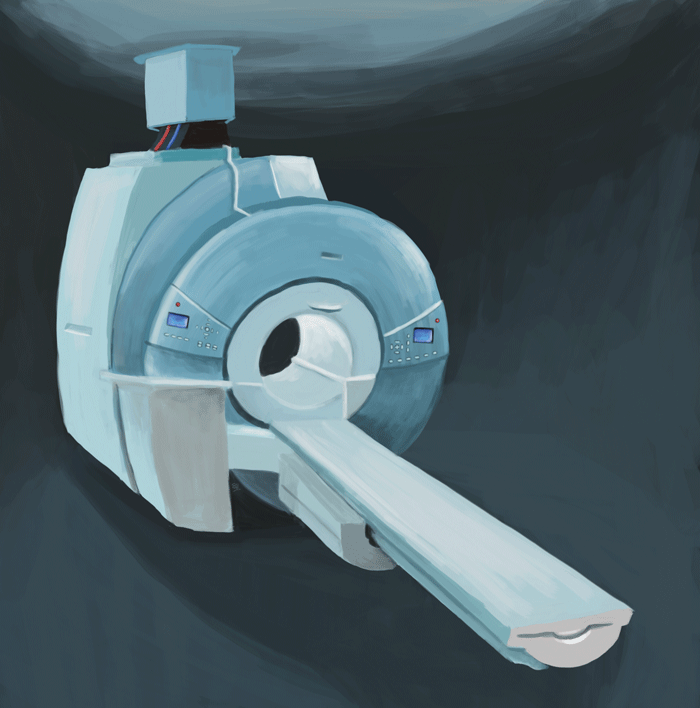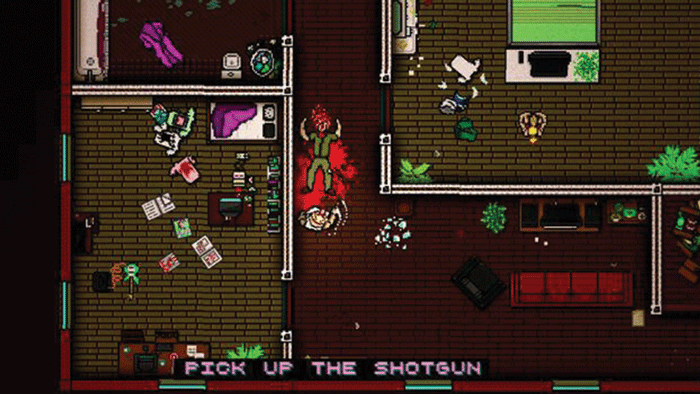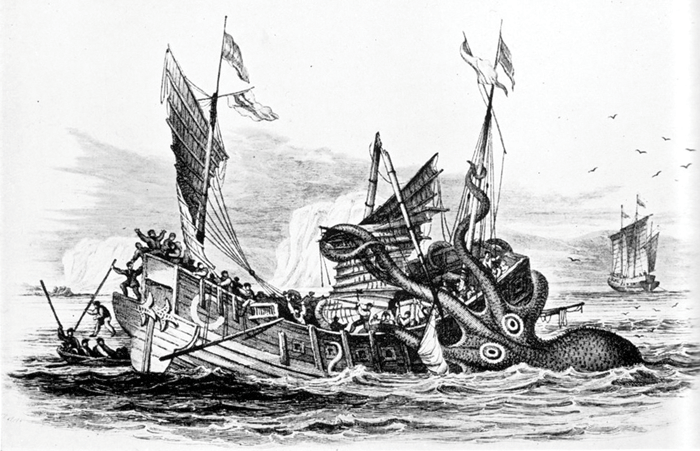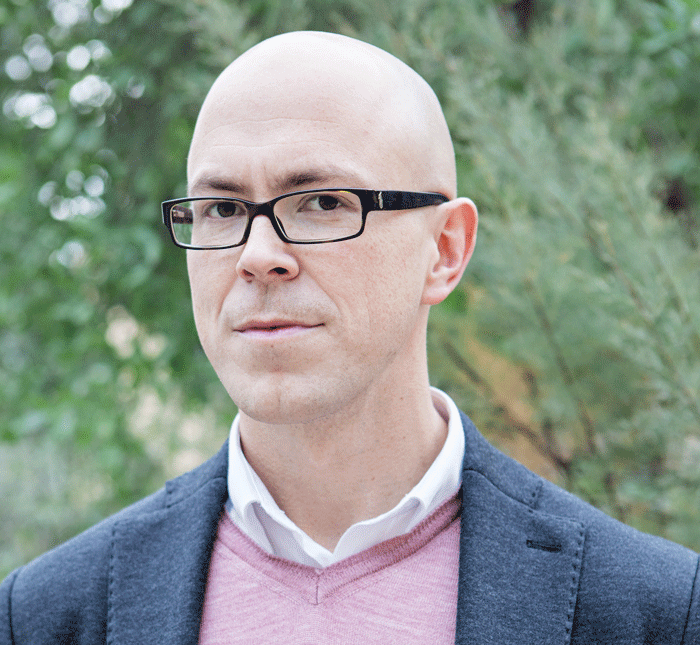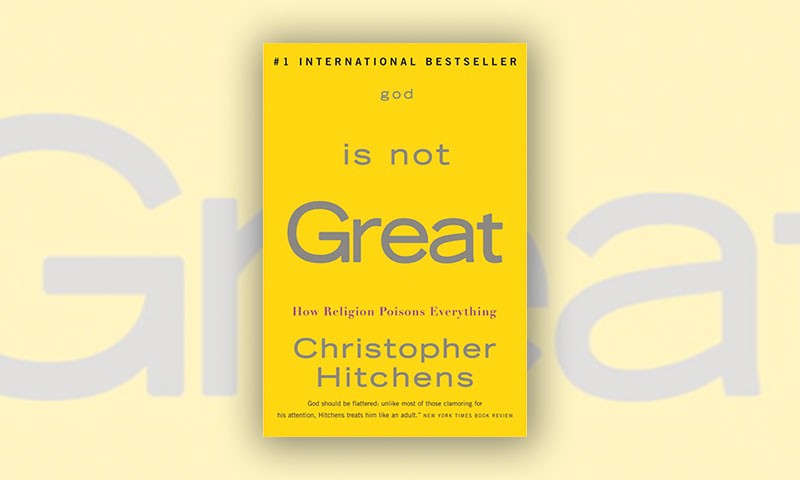Prof. Nikolai Attard was on the other end of the phone and was passionately describing what he had in mind. ‘A mobile dental clinic will be able to reach out to the community, schools, old people’s homes, village squares and we’ll be collecting epidemiological data on oral health which can then be fed into existing health data. At the same time we’ll be providing a free dental examination and advice to thousands of people, which they will then follow up with their personal dentist. This could be a first for Malta.’ Nikolai, Dean of the Faculty of Dental Surgery (University of Malta), is determined to expand the Faculty’s teaching activities and promote oral health.
Housebound
Mecon
Mecon is an ongoing research project for the 2015 edition of the IASS EXPO, themed Future Visions which is to be held in Amsterdam between June and August 2015. The project is to design and build a structurally innovative, deployable pavilion in a bid to celebrate Future Visions in the field of engineering design and innovation. Mecon is the solution created by a team of five recently graduated architects.
Move over Minority Report
TECH NEWS by Ryan Abela
In 1964 a very clever engineer, called Douglas Engelbart, invented a tiny device that changed the whole concept of how we interact with machines. By moving the device, a pointer on a screen moved, while tapping a button with your finger would cause an action. I’m talking about the mouse—a device now taken for granted—but back in its inception it had revolutionised the way we instructed machines. Instead of giving commands through a keyboard, the mouse made it possible to work in 2D.Continue reading
Seeing the unseeable
Unlocking the mysteries of the brain with MRI. Everything we think, say, or do depends on our brain. It is the most vital organ of our body but one of the least understood. Recent advances are changing things. With magnetic resonance imaging (MRI), scientists and researchers are getting an inside look into what makes us tick. Cassi Camilleri speaks to Dr Sonia Waiczies Chetcuti, Dr Helmar Waiczies and Prof. Kenneth Camilleri about their vision for experimental MRI in Malta. Illustrations by Sonya Hallett.
WYRMWOOD
Hotline miami 2: Wrong Number
Indie games have allowed a new generation of creative developers to experiment. Nostalgia is a leading trope: defunct genres are being resurrected, and the 8-bit aesthetic is a stylistic trademark. Adhering to this practice, the first episode of Hotline Miami chewed-up old-school arcade games and nineties ultraviolence, mixing it up with a contemporary, psychedelic audiovisual blend.
Hotline Miami 2 keeps all of that with a set of new mechanics: players can now shoot sideways, roll under enemy fire, and brandish katanas. The game’s greatest merit is to carefully balance unabashed mayhem with careful strategy. You will need to memorise patterns and act quickly at the right time. And then, do it again and again.
As a sequel, Hotline Miami 2 feels rather conventional. As expected, every part of the game has been expanded and the game mechanics have been completely exploited. Its narrative has been exhausted and lost sequential logic. It now serves as a backdrop for yet another suicide assault.
Hotline Miami 2 is undoubtedly a joy: a well-crafted, ultrafast ride, with a fantastic, inspired soundtrack. The game is designed to satisfy its fanbase. The struggle continues between innovation and conservatism.
Does the Kraken exist?
Written by Alexander Hili
‘Release the Kraken’ is a very famous quote from Clash of the Titans. In the movie scene, a monstrous being, with characteristics of both squid and octopus, is summoned from the sea to smash a city to the ground. The Kraken is clearly a mythological creature, but the colossal squid (Mesonychoteuthis hamiltoni) is very real. The monstrously large squid grows to an estimated 12–14 m in length and has sharp swivelling or three-pointed hooks on its limbs. The bloated carcasses of this organism could have inspired the ancients. Large adults have never been caught since it is thought to live around 2.2 km beneath the water’s surface when it develops. Like the Kraken it is a very elusive creature that is rarely seen.
Elective student stipends
My 100 word idea to change Malta
By Dr James Corby
The University of Malta is central to our knowledge economy, and yet it is chronically underfunded. The University performs well despite underfunding, so imagine the heights that could be scaled with more adequate support.
My idea? Scrap the scandalously outmoded stipends system. Instead, make student financial support entirely elective (students decide whether they want support); money is then given to students as an interest-free loan, which they only start to repay once they have graduated and are earning more than a minimum threshold salary. The money saved would be directed into research, postgraduate and postdoctoral initiatives, and infrastructure and technology.
God is Not Great, How Religion Poisons Everything
Book Review by Dr Jurgen Gatt
Please accept my apologies for reviewing a well-known book by a renowned, and late, atheist almost ten years after publication. My reasons for doing so are threefold. Firstly, the book and author have both lost some of their notoriety with younger students. Secondly, the book should appeal to both to humanities and science students and will, with luck, generate conversation across disciplines. And finally, the book is brilliantly written, cleverly argued, and deserves to be read particularly after the dust of the New-Atheist movement has started (perhaps) to settle.Continue reading







